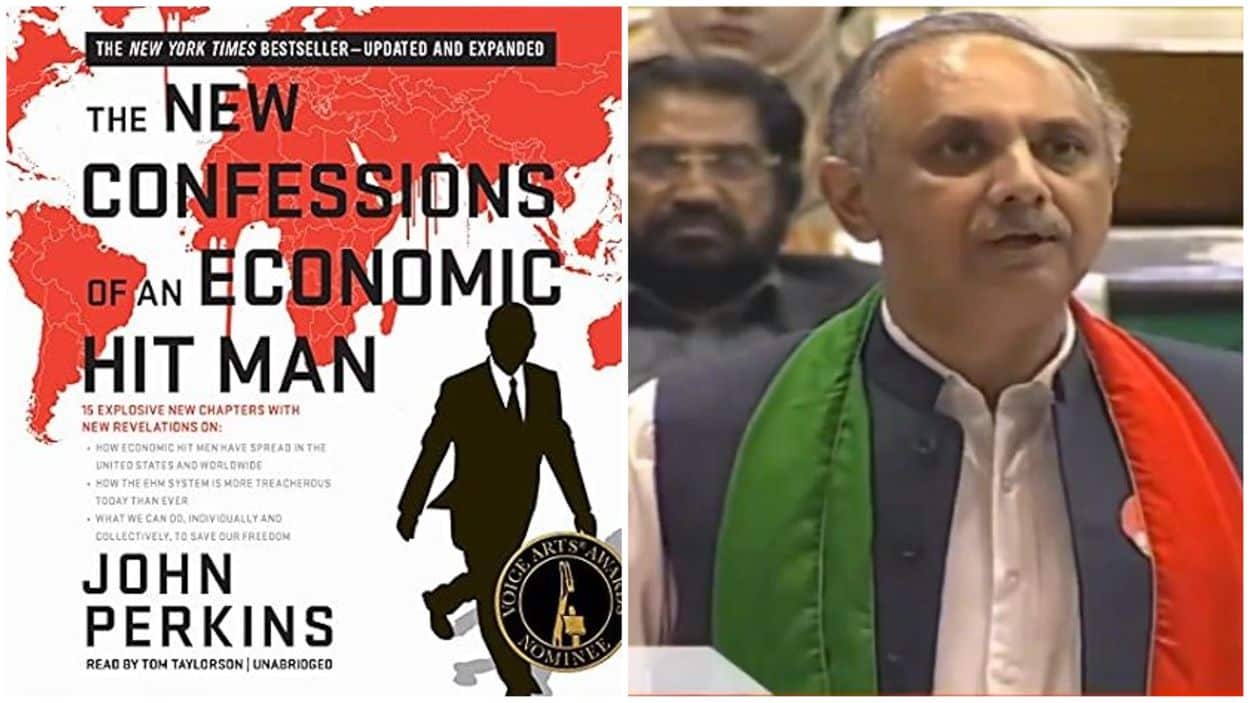The leader of the opposition in Pakistan’s National Assembly and Pakistan Tehreek-e-Insaf (PTI) leader, Omar Ayub, has criticized the country’s new budget proposal, suggesting it is so detrimental that it could potentially drive citizens to despair and suicide. Ayub referred to the budget as the creation of an “economic hitman.”
The term “economic hitman,” invoked during Ayub’s speech, brings to mind the narrative of John Perkins, an American author known for his book “Confessions of an Economic Hit Man.” In this work, Perkins elaborates on the aggressive tactics by which the United States purportedly ensnared Third World countries in debt, facilitating economic and political control.
Perkins has publicly discussed how entities like the U.S. and CIA have manipulated foreign governments through financial strategies under the guise of economic development, subsequently leading to economic dependency. He has spoken about historical U.S. involvement with various international leaders to consolidate power, often resulting in detrimental outcomes for those leaders who resisted American influence.
Specifically, Perkins cited instances such as the U.S. complicity in the overthrow or assassination of key figures like Iran’s Mohammad Mossadegh, Chile’s Salvador Allende, and others who opposed American directives. Perkins said these actions were part of a broader strategy to install regimes compliant with U.S. interests.
Highlighting the grave outcomes for those who defied U.S. strategies, Perkins noted the suspicious deaths of Ecuador’s Jaime Roldos and Panama’s Omar Torrijos, both of whom died in plane crashes under circumstances that have led to widespread speculation about covert U.S. involvement.
Ayub’s invocation of the term “economic hitman” with the current budget proposal poignantly reminds us of these historical manipulations. It suggests a perceived parallel between past foreign economic interventions and current domestic economic policies.
Ayub’s remark also underscores a deep-seated concern about the direction of economic governance and its potential repercussions on the populace.






